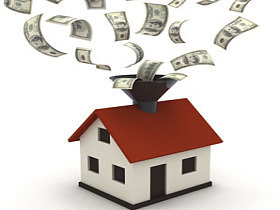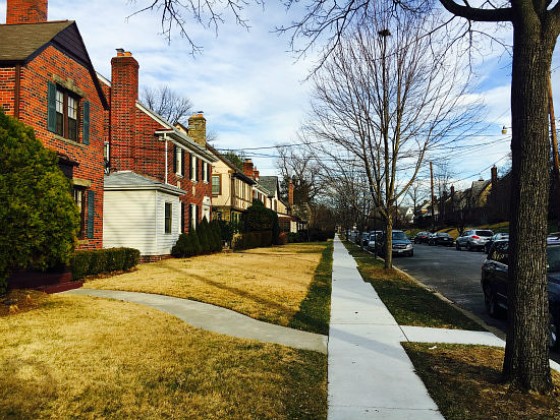What's Hot: The 4 Projects in the Works Near DC's Starburst Intersection | A 153-Room Aloft Hotel Pitched For Mt. Vernon Triangle
 How Debt Ceiling Stalemate Could Affect DC Housing Market
How Debt Ceiling Stalemate Could Affect DC Housing Market
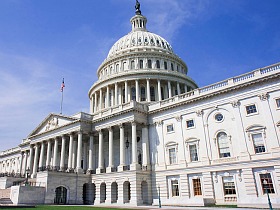
Unless you have been under a rock (on purpose or otherwise), you are likely aware of a little upcoming August 2nd deadline that could have large implications for the country. UrbanTurf reached out to some folks who know the housing and mortgage markets pretty well to see how a lack of a debt ceiling resolution would affect the area housing market.
In short, the people that we spoke to noted that the effects on the housing market will not be solely local, but will affect the entire country. And the most immediate impact will likely be on interest rates.
“The conventional wisdom is that interest rates are going to shoot up,” Bill Slosberg of Falls Church-based Acacia Federal Savings Bank told UrbanTurf. “However, there is another school of thought that rates will fall because people will take their money out of the stock market and put it in Treasuries.” Slosberg noted that if there is a greater demand for Treasuries, then market forces will push rates down. “It could be a boon to the market in the coming months if rates drop and then a number of home buyers go out in order to try and take advantage of the low rates as well as beat the October 1st deadline when the government lowers loan limits.”
Miller Samuel’s Jonathan Miller agreed with the possibility that interest rates could drop in the short term if people take their money out of the stock market, but in the longer term he sees interest rates rising.
“If there is no resolution, the effect on the housing market would be twofold,” Miller explained. “The first and more specific impact would be on interest rates. But the indecision and lack of direction at the federal level creates a sense of caution that causes potential home buyers to sit and wait. We are at a delicate state in the housing market and one of the worst things that could happen is for people to pause.”
Miller conceded that DC is one of the better markets relative to other major metro areas, so the impact of higher interest rates and borrowing costs may be felt less than other areas. However, given the health of the market in DC, he couldn’t help but find some irony in the current situation.
“In Manhattan you have Wall Street, and in DC you have Capitol Hill. In both places the housing markets are faring better than the rest of the country,” Miller said. “And these are the two focal points of where critical decisions are being made. It is a bitter irony.”
While most analysts feel that some sort of deal will be worked out, the prospect of a downgrade to the country’s historically stellar credit rating is perhaps what should be most worrisome to those watching the housing market. From a recent column by Andrew Ross Sorkin of The New York Times:
“The question is how rating agencies will view the country’s creditworthiness, even if a deal is reached. To some extent, that’s why lawmakers are wrangling over whether to pursue a stop-gap measure for the next couple of months versus a long-term plan. Standard & Poor’s threatened that it would cut the United States rating if lawmakers didn’t come up with a “credible” solution…if the country were to lose its vaunted rating, the federal government, companies, homeowners and innumerable others would see their costs skyrocket.”
See other articles related to: dclofts, debt ceiling, editors choice, interest rates, mortgages, obama
This article originally published at https://dc.urbanturf.com/articles/blog/how_debt_ceiling_stalemate_could_affect_dc_housing_market/3868.
Most Popular... This Week • Last 30 Days • Ever

In this article, UrbanTurf looks at the estimated annual maintenance costs associated... read »

Today, UrbanTurf is examining one of our favorite metrics regarding competition in th... read »
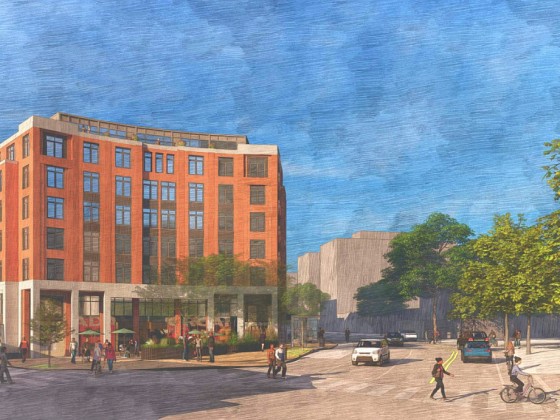
Another concept has been unveiled for one of DC's most contentious development sites,... read »
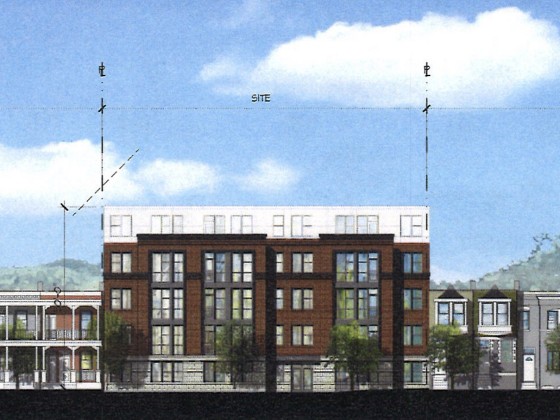
The residential development in the works along Florida Avenue NE is looking to increa... read »

Renter demand has continued to push Class A apartment rents in the DC region up this ... read »
- What Are the Annual Maintenance Costs When You Own a Home?
- The 6 Places In The DC Area Where You Aren't The Only One Bidding On a Home
- A First Look At The New Plans For Adams Morgan's SunTrust Plaza
- 46 to 48: The Biggest Project In Trinidad Looks To Get Bigger
- How Much Did DC-Area Rents Rise At The Beginning of 2024?
DC Real Estate Guides
Short guides to navigating the DC-area real estate market
We've collected all our helpful guides for buying, selling and renting in and around Washington, DC in one place. Start browsing below!
First-Timer Primers
Intro guides for first-time home buyers
Unique Spaces
Awesome and unusual real estate from across the DC Metro





